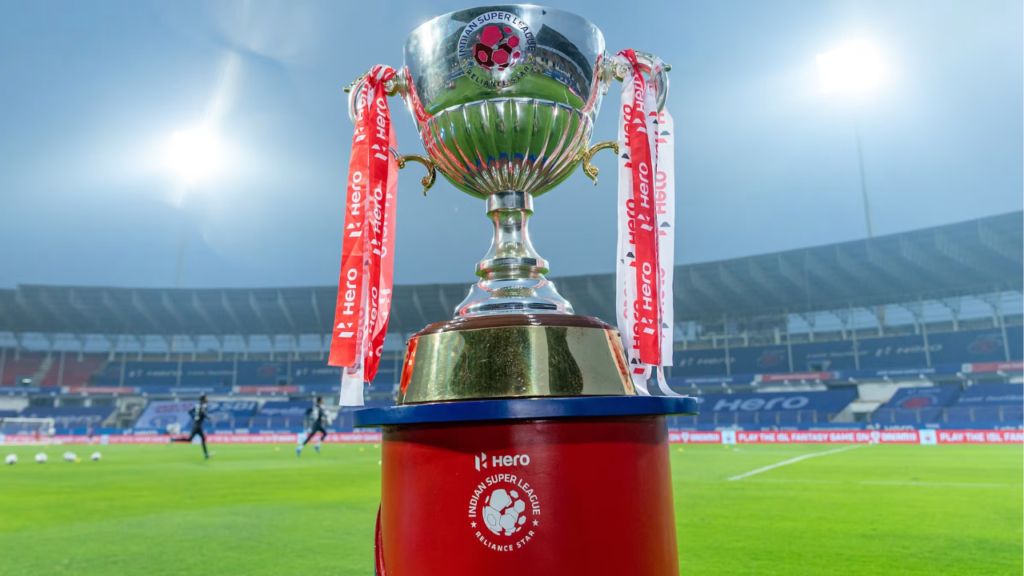
The future of the Indian Super League may witness a significant shift as Football Sports Development Limited (FSDL), the commercial and marketing partner of the All India Football Federation (AIFF), has tabled a proposal for a fresh ownership model and governance structure, potentially altering the course of Indian club football for the next decade.
According to a 22-page proposal submitted by FSDL to the AIFF in March, the marketing agency has suggested the creation of a new joint holding entity that would oversee operations, commercial activities, and funding of the ISL. This proposed body would be equally owned by ISL clubs (60%), FSDL (26%), and the AIFF (14%).
One of the most contentious features of this draft is the call for a 10-year moratorium on relegation from the top-tier league, effectively halting any downward movement to lower divisions during this period. While the ISL has functioned as a closed league since its inception in 2014, the roadmap agreed upon in 2019, under the supervision of senior Asian Football Confederation (AFC) officials, had set in motion the process of promotion and relegation to align Indian football with global standards.
As per the original roadmap, clubs from the I-League were to gain access to the ISL based on sporting merit — a process that saw Punjab FC and Mohammedan Sporting Club enter the ISL fold in successive years. The exclusion of relegation now risks contravening that agreement. A senior AIFF official, quoted by The Times of India, cautioned, “It will be difficult now to go back to the AFC and seek special approval for more years without relegation or conditional promotion.”
The current Master Rights Agreement, signed in 2010 between the AIFF and FSDL for a 15-year term, is set to expire in December. The agreement guarantees the federation an annual payment of ₹50 crore, while granting FSDL commercial rights across all national competitions. However, in the new proposal, FSDL have expressed their intent to discontinue the existing structure. Instead, they propose a joint venture model which would retain FSDL’s rights only over ISL and national team competitions. All revenue from other domestic competitions would remain fully under the federation’s control.
Further conditions in the proposal indicate that any club aspiring for promotion to the ISL must fulfil stringent licensing and financial criteria and must have operated under the same ownership for at least five years. This could restrict upward mobility for several I-League clubs that lack long-term financial backing or consistency in governance.
Uncertainty now looms over the commencement of the 2025–26 ISL season. Although the AIFF’s League Committee had approved a September 14 start, several club owners have reportedly been informed by FSDL that the season will not begin until the MRA situation is resolved. This impasse prompted the AIFF to establish an eight-member task force earlier this year to review the MRA terms — a move which, according to reports, did not receive unanimous support within the federation’s leadership.
While stakeholders await clarity on the new agreement, the larger question remains: can Indian football afford to delay a fully merit-based system when global and continental bodies continue to emphasise competitive integrity and sporting merit?



